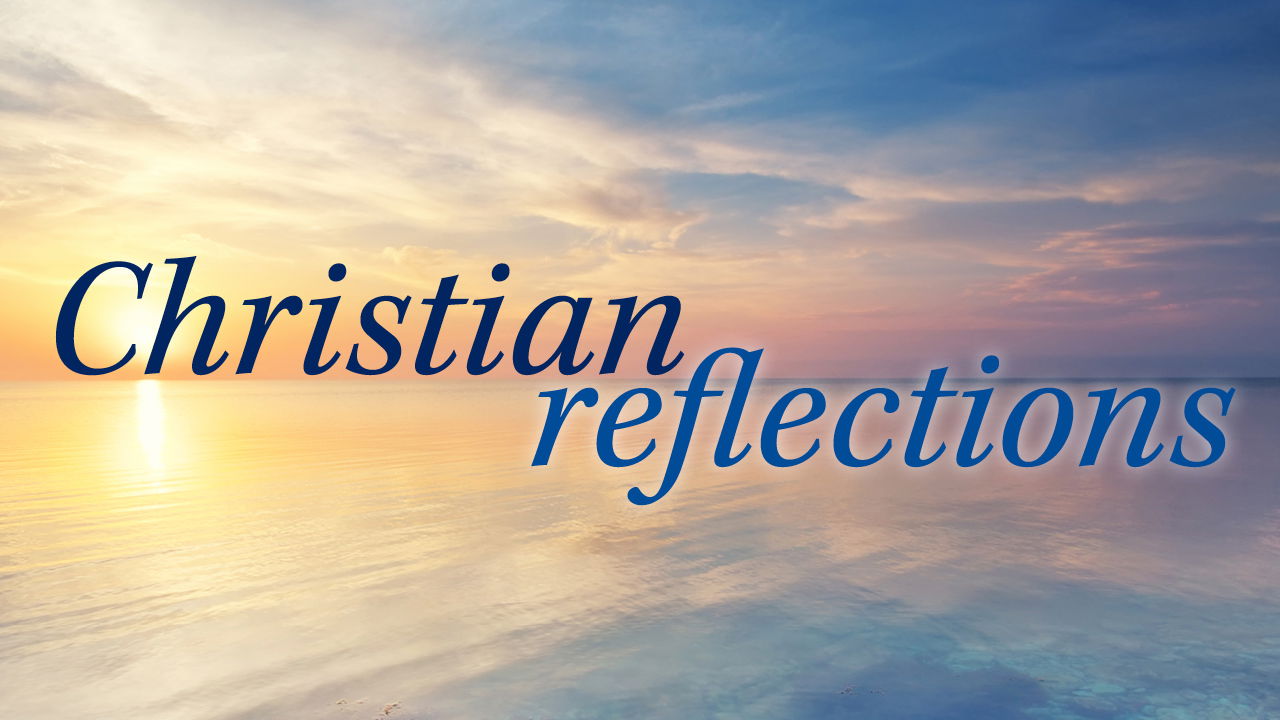Learning from our mistakes

By Charles Christian
Mistakes are embarrassing. I remember seeing a commercial featuring a college bass drummer in a marching band. During the halftime show in front of a national audience, he turned the wrong way and had to quickly step to the side when everyone else was suddenly marching toward him.
The commercial, which was an ad for a telephone company, featured the young man talking on the phone to his parents after the game.
His quote was classic: “Did you see everyone else going the wrong direction?”
Of course, the commercial was meant to evoke laughter. The young man, who knew he had gone in the wrong direction, was actually laughing at himself, owning the fact that he was the one who made the mistake.
Some mistakes come with bigger consequences than disrupting a band performance. However, dealing with our mistakes — whether big or small — can become a burden.
Fortunately, the Bible speaks often of forgiveness. For instance, after a well-known prayer Jesus prays in the Gospel of Matthew, often called “The Lord’s Prayer,” Jesus adds these words: “For if you forgive people when they sin against you, your heavenly Father will also forgive you …” (Matthew 6:14-15).
These words remind us that we all are prone to mistakes, including willful ones (which the Bible calls “sins”), but we are also called to learn the art of forgiveness.
Forgiveness often starts with ourselves. For minor mistakes, laughter can lighten the load of the mistake and remind us that we are flawed. A light-hearted approach to simple mistakes can keep us from making excuses or even blaming others.
For more serious mistakes, including those willful transgressions, laughter is likely not the answer. However, owning our mistakes and being honest about our role in the error is still important. Forgiving ourselves does not mean excusing what we have done. Nor does it automatically exempt us from consequences. However, forgiving ourselves can help us take healthy steps forward with a clearer conscience. Forgiving ourselves means recognizing our flaws and admitting them to those whom we have hurt.
Our hope is that we are admitting our mistakes to a person who practices forgiveness. This is another good reason to follow the line of thinking Jesus uses. People who want and need to be forgiven should be people who consistently practice forgiveness themselves.
After admitting our wrongs and forgiving (not excusing) ourselves, we can face consequences that may accompany our mistakes. We are also more open to those who choose to forgive us. Even if they don’t forgive us, though, the Bible assures us that our sincere request for forgiveness from God, our willingness to own whatever consequences may come and our openness to learning from our mistakes and errors open us to God’s forgiveness.
As the Book of First John states: “If we confess our sins, God is faithful and just to forgive us of our sins, and cleanse us from all unrighteousness” (1 John 1:9). May we give and receive forgiveness often, and may we learn and grow from our mistakes.
